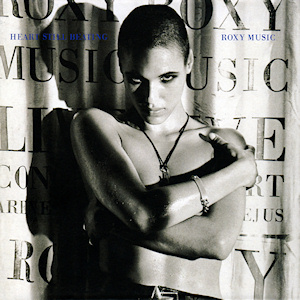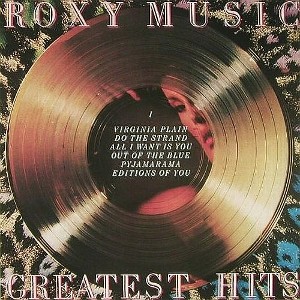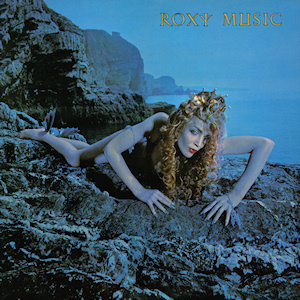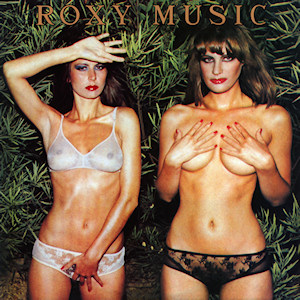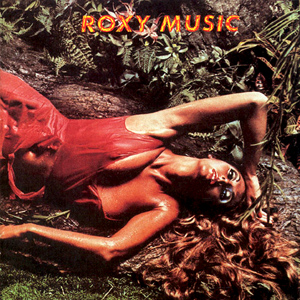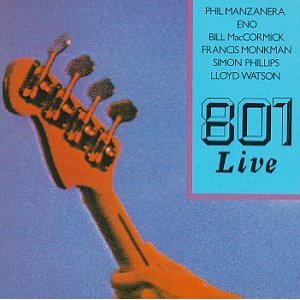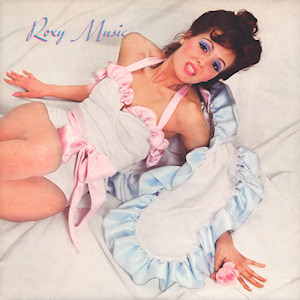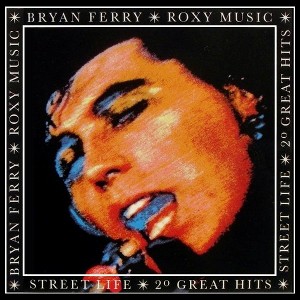 Whenever a band splits up, you can usually expect some kind of compilation or other contractual release in short time. Back in 1983, Roxy Music’s old American label put out The Atlantic Years 1973-1980, heavy on Manifesto and Flesh + Blood, adding only “Love Is The Drug” and “Do The Strand” from before the hiatus, with a fetching model’s face on the cover.
Whenever a band splits up, you can usually expect some kind of compilation or other contractual release in short time. Back in 1983, Roxy Music’s old American label put out The Atlantic Years 1973-1980, heavy on Manifesto and Flesh + Blood, adding only “Love Is The Drug” and “Do The Strand” from before the hiatus, with a fetching model’s face on the cover.While it has its charms, they band deserved a more comprehensive career overview, and they got one. Not released in North America until 1989, once the catalog had been collected under the Warner Bros. umbrella, Street Life does a yeoman’s job of not only pulling together Roxy’s best, but including six Bryan Ferry solo tracks for context. The cover boasted “20 Great Hits”, which filled up the compact disc’s mid-‘80s capacity of 74 minutes, which made for short LP sides.
Right away there’s left turn, as the pounding glam of “Virginia Plain” is nudged aside by Ferry’s inane interpretation of “A Hard Rain’s A-Gonna Fall”. The obscure “Pyjamarama” single appears in a remix before “Do The Strand” and back to Bryan for “These Foolish Things”. “Street Life” and “Love Is The Drug” fight for space among two more Ferry cover attempts and the superior “Sign Of The Times”. Five terrific choices from Manifesto and Flesh + Blood are very welcome, but they also include the hideous “In The Midnight Hour”. “More Than This” and “Avalon” help to complete the story, with “Slave To Love” slotted in before their reverent cover of “Jealous Guy”.
For the beginner, Street Life was a good way to dip into the Roxy world, with the caveat that Ferry was in the lounge. A later set called More Than This was evenly split between the band and Ferry solo, with some selections jettisoned in favor of newer songs. A proper best-of Roxy, with nothing but Roxy in reverse chronological order, appeared in the new century and did the trick.
Bryan Ferry/Roxy Music Street Life—20 Great Hits (1986)—3½
Roxy Music The Best Of Roxy Music (2001)—4


